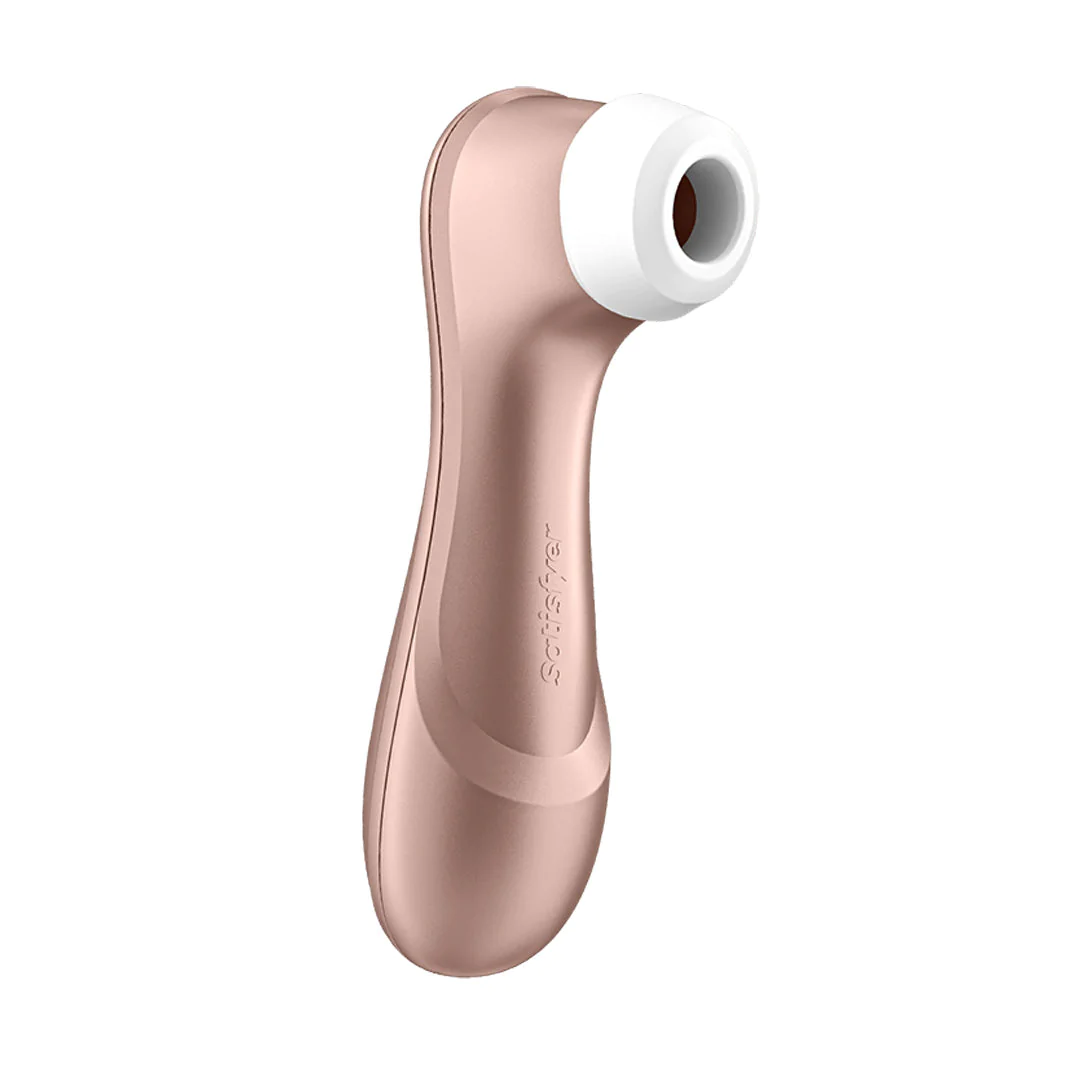From a young age, we’re told vaginas should smell clean and sparkly. So, it’s not surprising that some people with vulvas often take to scrubbing their parts with the zeal of a nun cleaning away sin. But is this necessary?
Do vaginas or vulvas really need to be cleaned? What “should” a vagina smell like?
The short answer is no. A vagina doesn’t require much maintenance to smell as it should — like a vagina and not a flower. The natural smell of a vulva and vagina is a spectrum from salty to sweetish to coppery or even sweaty.
“The vulva and vagina don’t need to be cleaned,” says Certified Nurse Midwife Sarah Toler. “In fact, many of the over-the-counter products marketed for hygiene purposes actually destroy the good bacteria in the vaginal ecosystem. Damaging the ecosystem can lead to BV or yeast, two infections that can cause discharge and odor.” Throughout the day, secretions like sweat or vaginal discharge may impact the vulva, but hot water from a bath or shower should be enough to clean the area.
While the vagina is the interior of the female anatomy — the opening that allows for penetration and birth — the vulva consists of the outer organs of the female reproductive and sexual anatomy. The vulva includes the mons pubis, or pubic mound, the outer and inner labia, and the clitoris. Gentle vulva washing could include using water, and fingers or a washcloth to pat or softly stroke the area.
According to the Mayo Clinic, vaginal secretions are a mix of fluid and cells that help clean the vagina in addition to lubricating the tissues and preventing tears or irritation.
Vaginas contain a healthy level of bacteria, which maintain the pH balance as somewhat acidic. This acidic pH protects the vagina from harmful bacterial invaders. When the pH balance gets disrupted, the vagina is vulnerable to infections or bacteria imbalance.
Are there side effects to washing your vagina with soap?
Studies have shown that vaginal washing is associated with higher levels of various bacteria, including bacterial vaginosis (BV), as well as other bacteria. Although the reason behind this is not clear yet, researchers postulated that using products to clean the vagina, instead of water, can increase the chance of BV.
What’s the safest way to wash your vagina?
If you feel self-conscious about the way your vulva smells, don’t worry — you’re not alone. Many people with vaginas are worried about the scent and may feel like they need to “cleanse” the area with soap. But first of all, know that the decision to wash or “freshen up” yourself is your choice and your choice alone. Even though vaginas are self-cleaning and it’s totally normal to have some odor down there, you shouldn’t feel bad or ashamed if you want to clean the area. Again, it’s totally up to you — but you should look into safe ways of doing so.
If your natural vaginal smell is particularly strong and it’s bothering you, you can use a non-scented, natural soap to clean the area between the vagina and the anus and the skin around the vulva, and then clean the vulva itself with water, fingers, or a washcloth. This will ensure that any sweat and bacteria that has formed on these areas is cleaned.
Why does my vagina smell weird?
If your vagina suddenly smells differently, it could be the result of a hormone shift before or during your period, increased activity levels, a significant dietary change, or an infection. If the smell is yeasty or fishy, or appears alongside other symptoms such as itching, burning, or pain, it could be an infection. Bacterial vaginosis often appears with a distinct “fishy” smell that is heightened when it comes in contact with soap. In fact, the smell is so distinct that gynecologists can do what is called a “whiff test” where a swab of bacteria from the vagina is sampled and then mixed with a medium in a tube. If the resulting odor is “fishy,” the test is positive for BV.
The biggest takeaway here is that it’s true that your vagina/vulva is a self-cleaning machine, so to speak. And it’s true that it may smell different during different times of the month, depending on your hormones, what you’re wearing, or even the weather. But yes, if you’re alarmed by a particularly strong scent, it’s best to make an appointment with your OB-GYN or health care provider.



.png)































.webp)
.webp)

.webp)
.webp)
.webp)